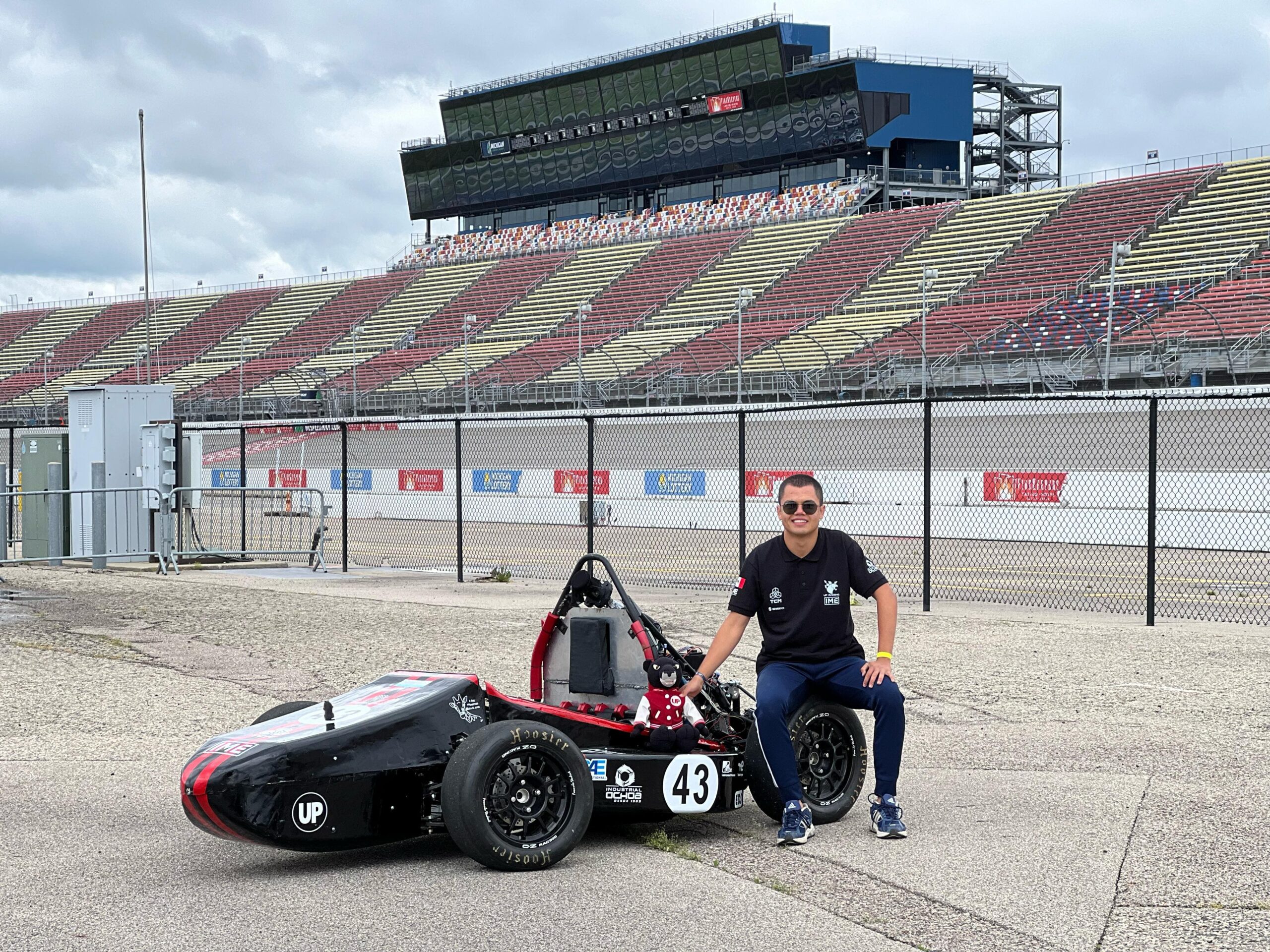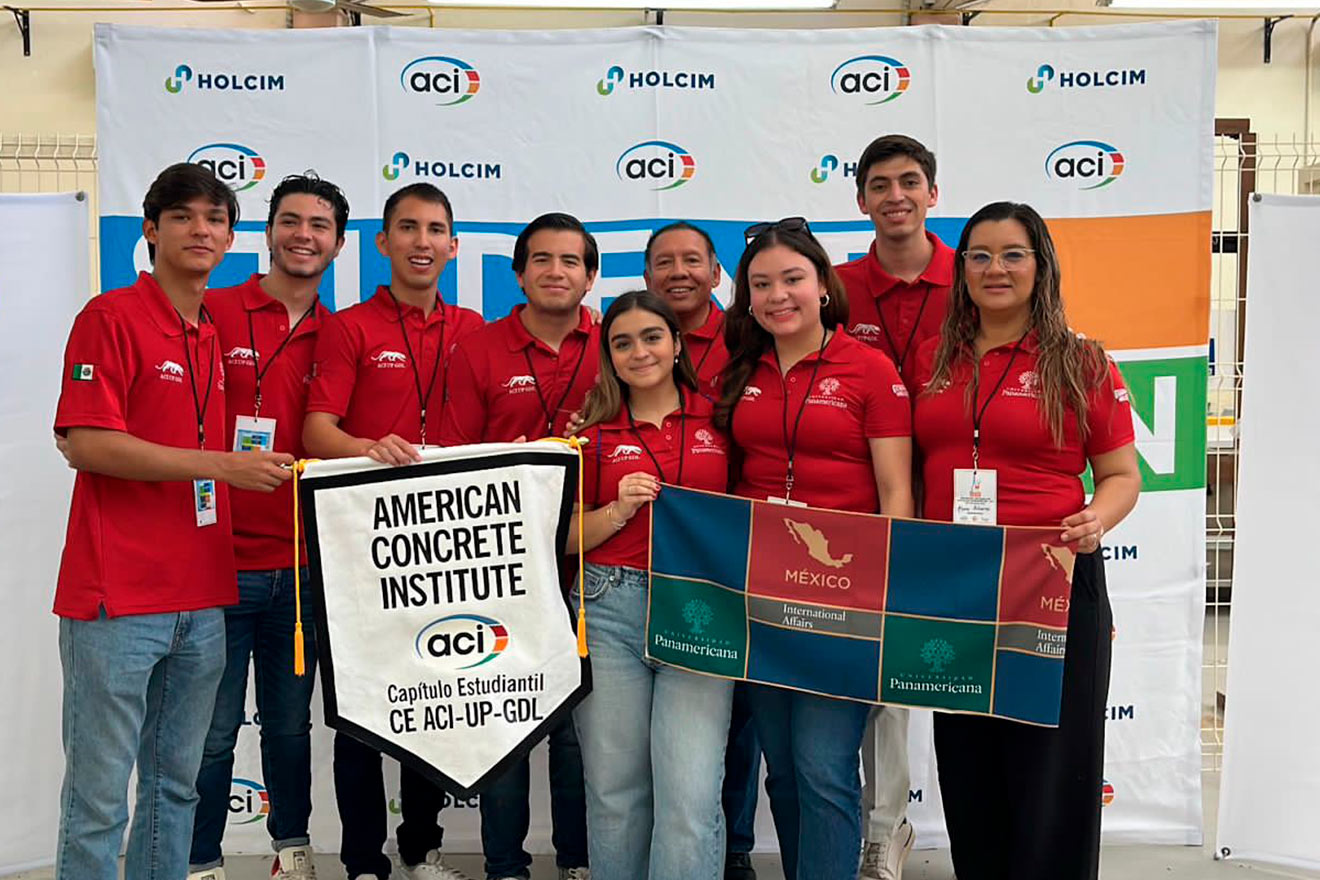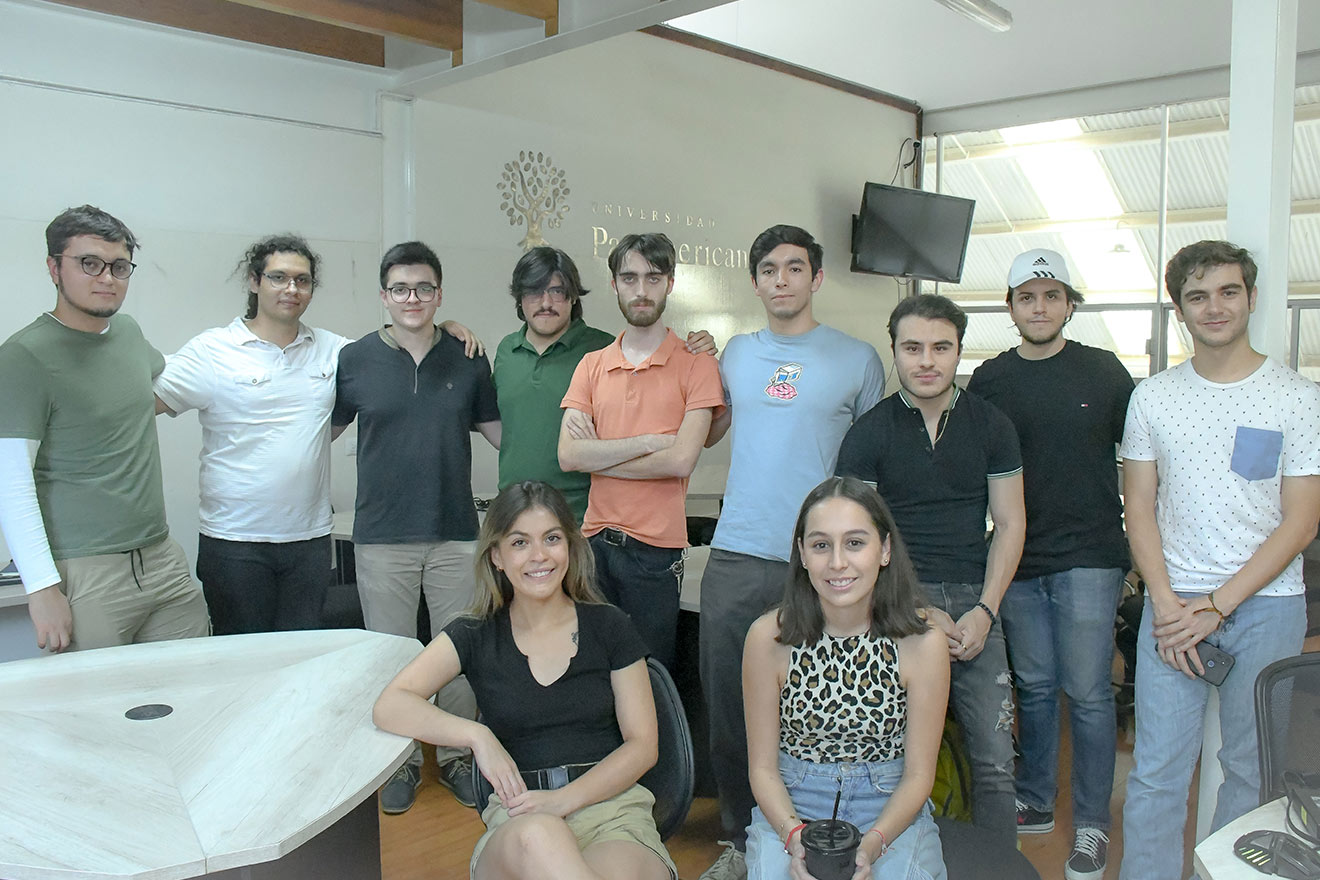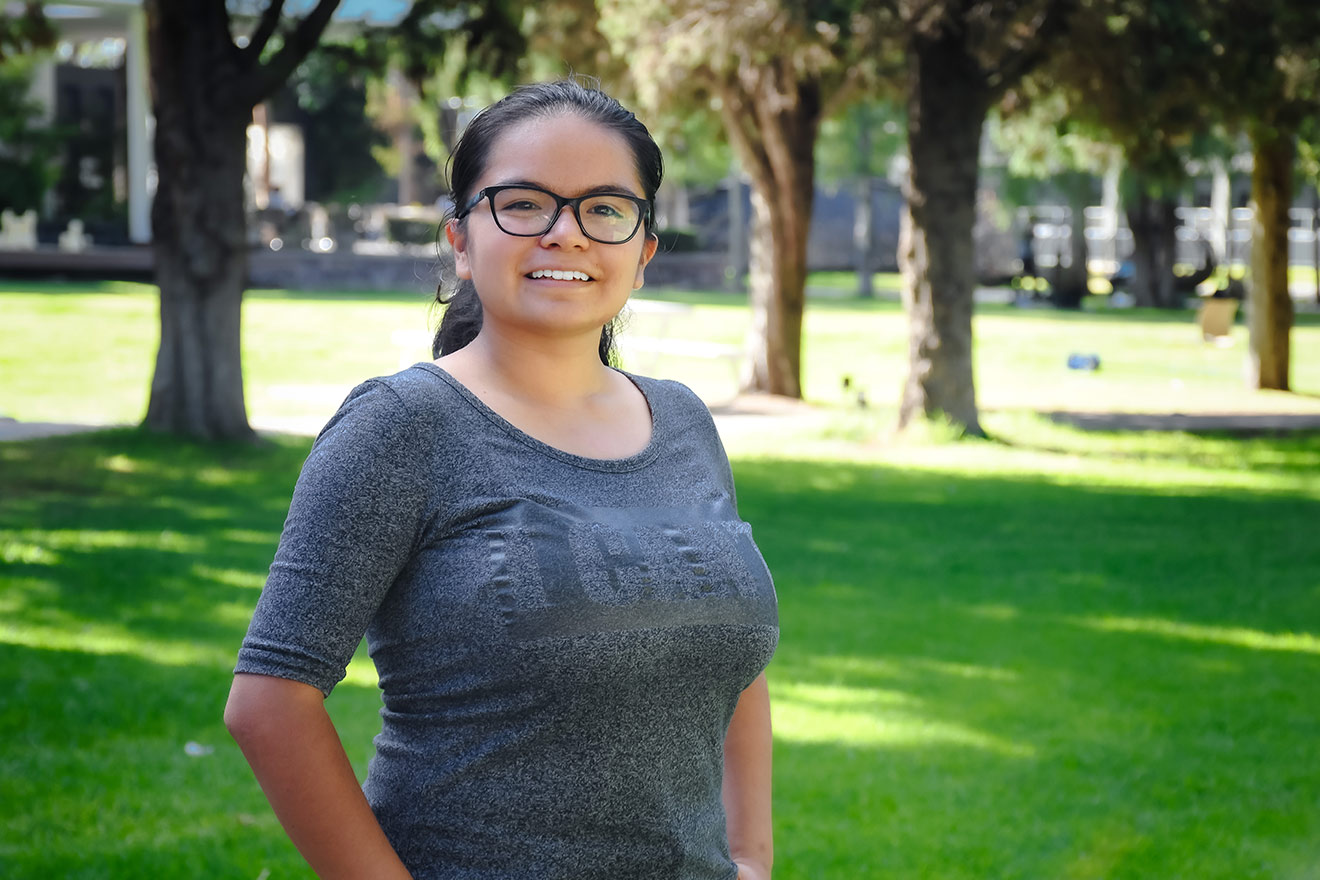Mexico City, March 27, 2023.- With the aim of sharing technological mobility solutions in favor of the environment, the magazine Mexican Leaderstogether with the School of Engineering of the Universidad Panamericana, held a dialogue with leaders of the automotive sector at the facilities of Ciudad Panamericana.
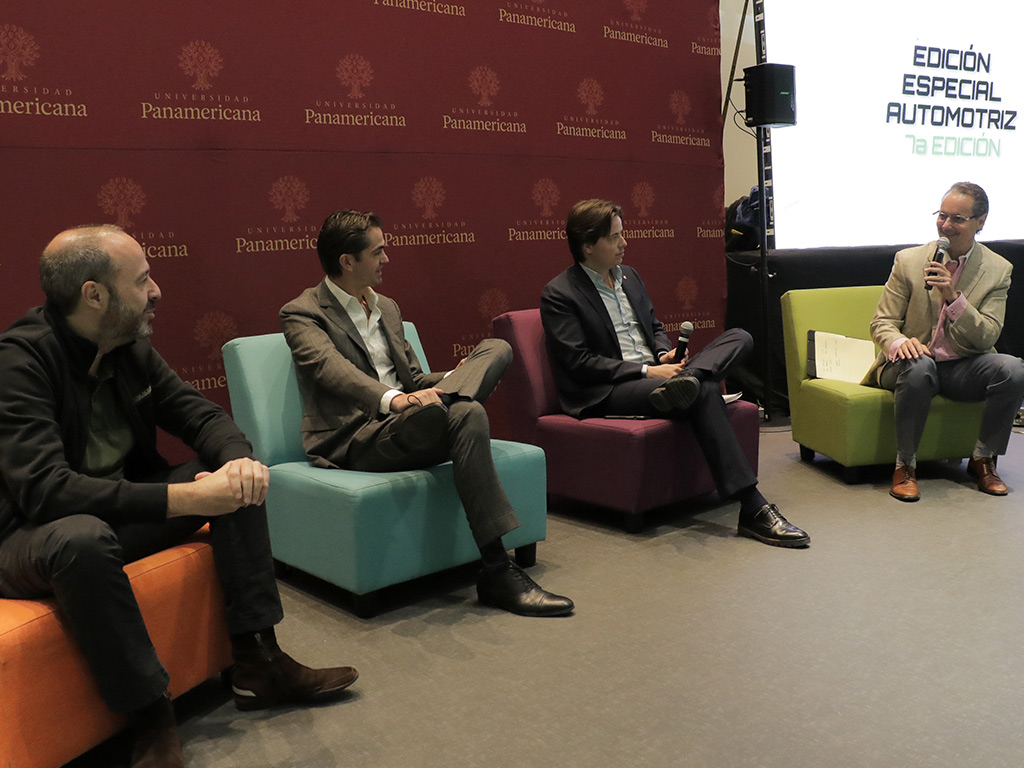
A highly relevant industry
Speaking at the inauguration of the event, Dr. Santiago García Álvarez, rector of Universidad Panamericana, campus Mexico, spoke about the trends that will bring us closer to a sustainable future and the leading role played by institutions such as our university: "Many technological development issues have been developed in universities that have to do with how the automotive industry and many others operate.
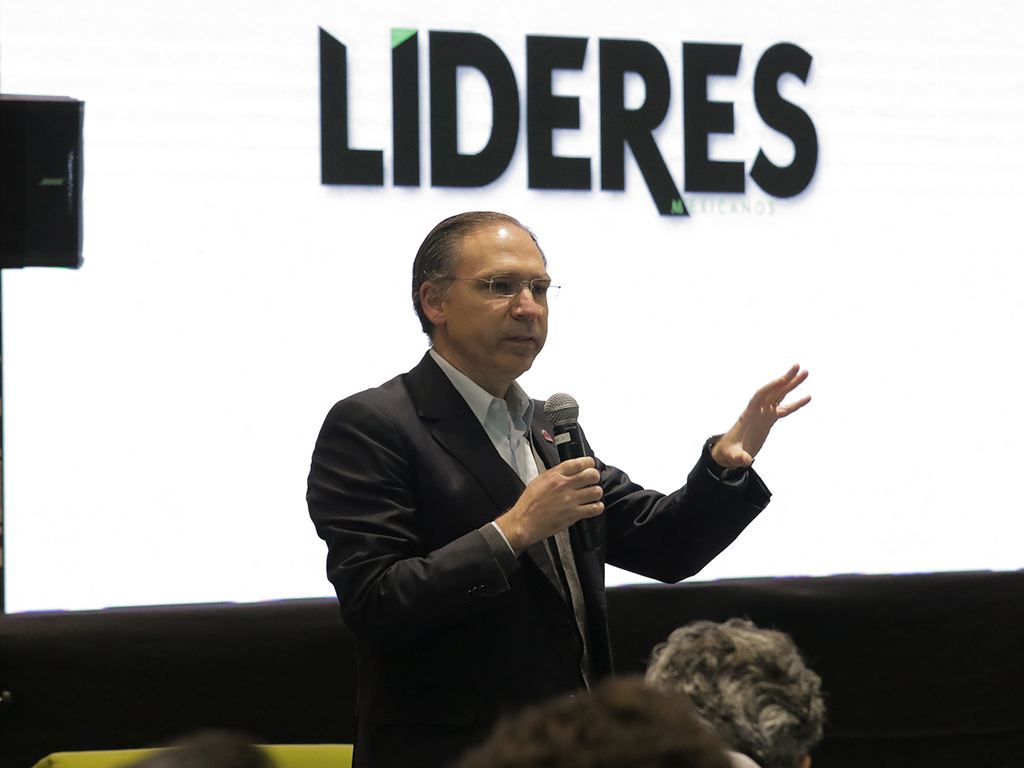
He also pointed out the importance of the continued development of this industry in Mexico, as it continues to be one of the industries that has the greatest impact on the Gross Domestic Product (GDP).
Dr. Alejandro Ordoñez, Director of the Panamericana School of Engineering said: "For some years now, the School of Engineering has wanted to position itself as the best in Mexico and this type of event allows us to realize that we are doing well. We are generating enough knowledge and talent needed in Mexico to servethe Mexican society".
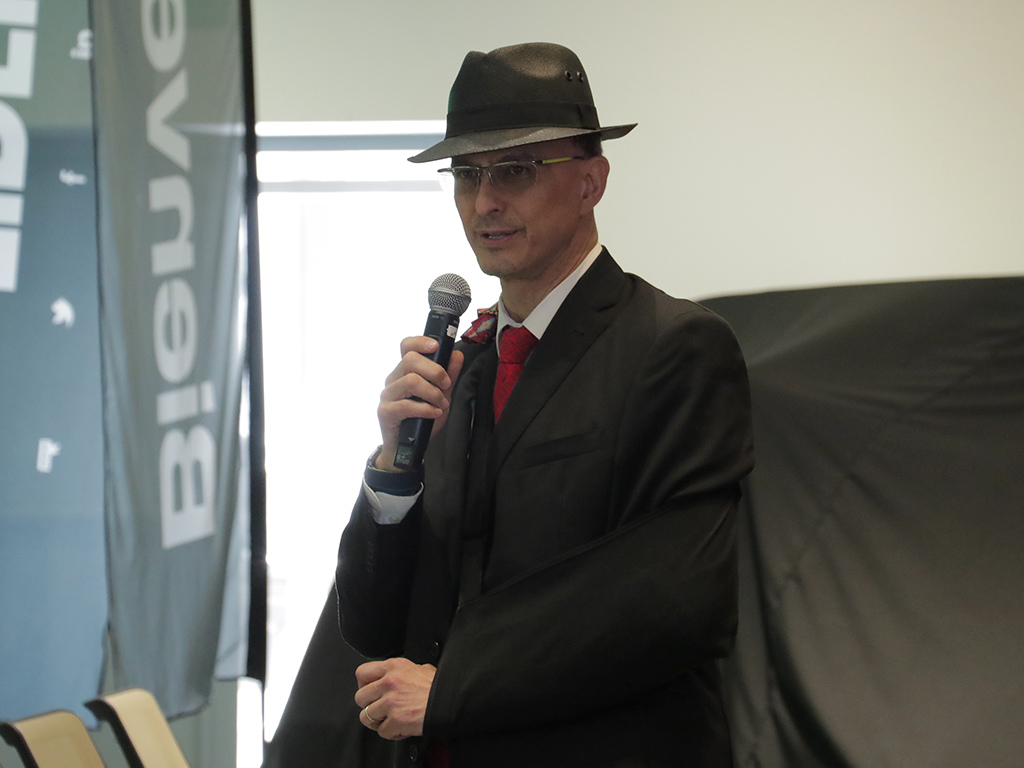
He also mentioned: "One of the most important industries in Mexico that generates great economic value and in terms of technology is precisely the automotive industry" .
Líderes Magazine
Ivonne Bacha, Editorial Director of Líderes magazine, explained that the automotive industry has changed a lot and that fortunately today it is very empathetic to the work of women. She also encouraged all the young people present to get closer to the automotive industry, which has so much to offer in Mexico.
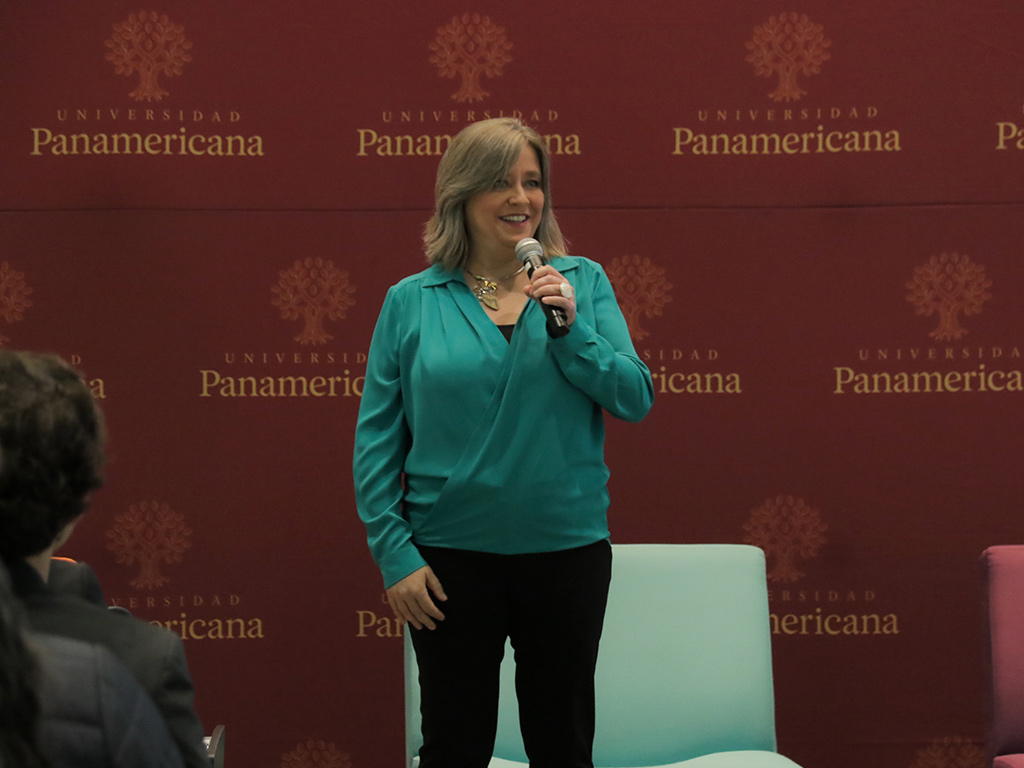
Future and Mobility
During the presentation Future and MobilityLuis Lozano, president of Toyota Motors Mexicoindicated that the automotive industry is undergoing a process of "fundamental and unique change in 100 years".
He revealed that at Toyota: "We have a committed investment as a company by 2030 of $59 billion to change and transform ourselves into this electrification structure and that all our plants, by 2035, will be completely carbon neutral. Normally we think about the emissions that are generated by running cars, but it's not just that, the plants have to be sustainable."
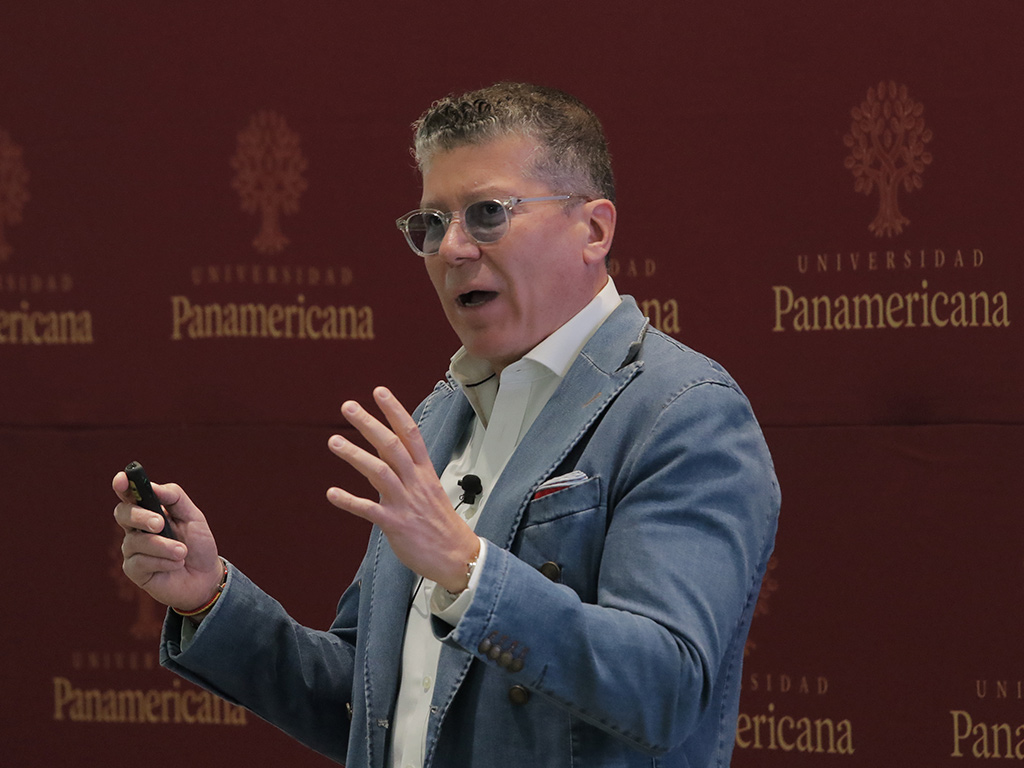
He also spoke of the Beyond-zero vehicle models, with which Toyota seeks to go beyond zero emissions "we have been investing for many years in terms of development and research" .
Specifically on the Mexican context, he stated: "For this country to truly advance in terms of CO2 reductions, the work is everyone's: academia, government and you (...) it is important that we all have that social commitment," he told those present.
Innovation and new materials
In the panel Innovation and new materials moderated by Bruno Cattori, president of Stellantis Mexico; Raul Peñafiel, General Director of Jaguar and Land Rover; Manuel Sainz Gomez, Commercial Director of Grand Chelem and Pablo Herrera, General Director of Rolls Royce Mexico were present.
Raul Peñafiel said: "We as luxury brands have to define very clearly what are our alignments regarding sustainability, values, aesthetic codes to be absolutely faithful to the brand and also meet the sensitivity of its customers".
"We are at a time when what used to be luxury can stop transforming very quickly; and speaking of innovation is precisely to be attentive to not only cover the utility that is needed, breathability, lightness, but also to arrive with the aesthetic, ethical, values and meaning code that a luxury brand has to provide for a customer," he added.
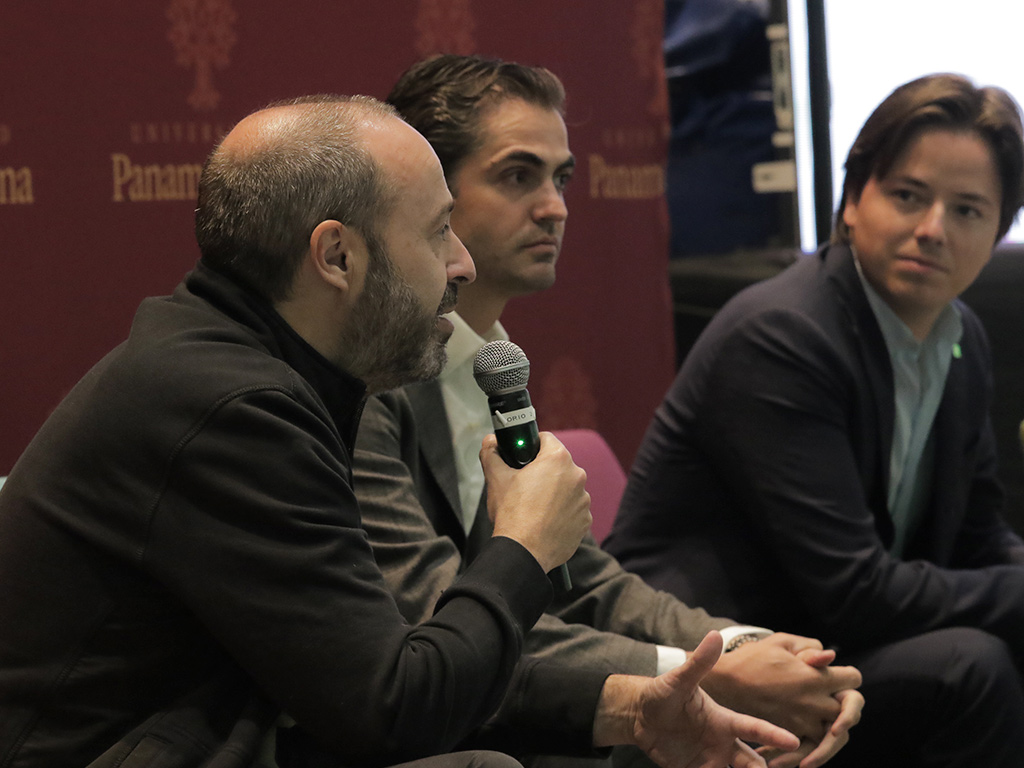
As for Mexico, he added: "(...) I believe there is a great future for the automotive industry in Mexico based on electrification, especially in the luxury market".
Manuel Sainz mentioned that the brands have had the challenge of bringing together the electric part without losing the emotion of the cars with sound engines "for the moment it has been complicated," he admitted. The main challenge in his opinion is "how can I design a car that is emotionally fun, but also technologically and ecologically advanced".
"Today, governments have been changing their regulations (...). That is the challenge for brands, how can I keep up with technology without losing the natural essence that has been making cars the way they are made for years," he added.
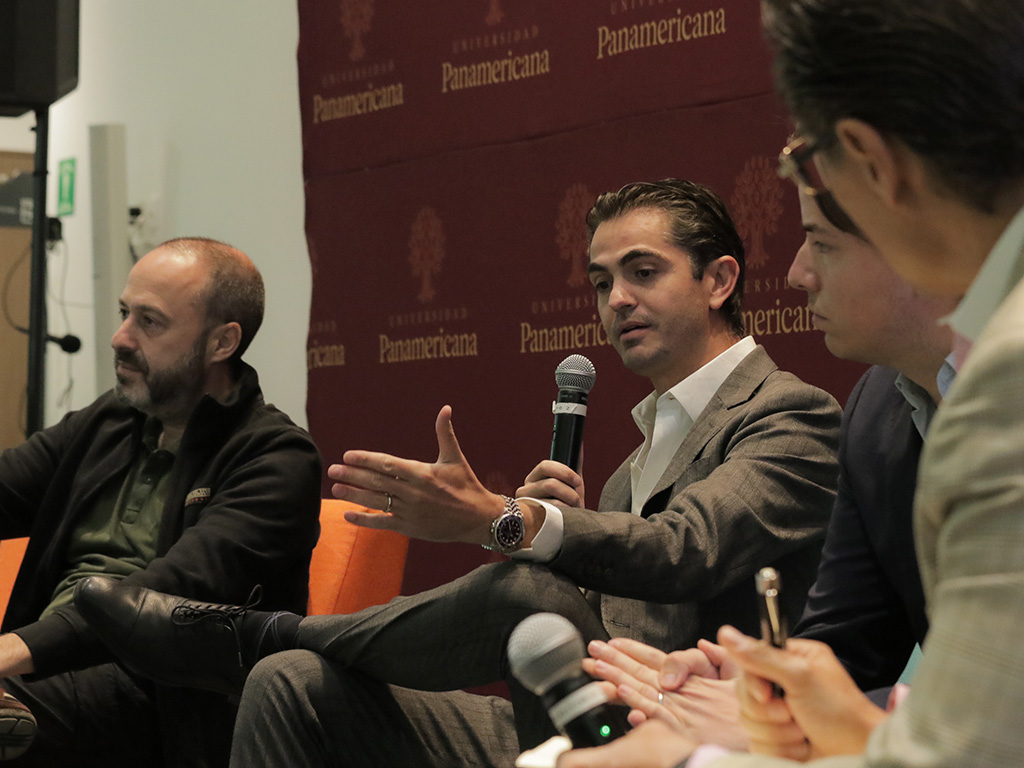
Regarding the progress in the production of electric cars, he stated: "Today it is difficult in Mexico, but I think it is the future and we have to adapt, it is a matter of starting to implement all the necessary systems to be able to use the cars so that this can work well".
Pablo Herrera spoke about Rolls Royce Spectre, the brand's first electric car and said: "Meeting the standards and certifications required by different governments to build a car allows you to experiment a lot with materials and achieve very different things (...) Rolls Royce has no limits and wants to please the most demanding tastes of buyers".
Regarding the outlook for electric cars, he mentioned: "The Asian market is also arriving in Mexico (...) very good brands are coming to the country and I think it is going to be quite competitive".
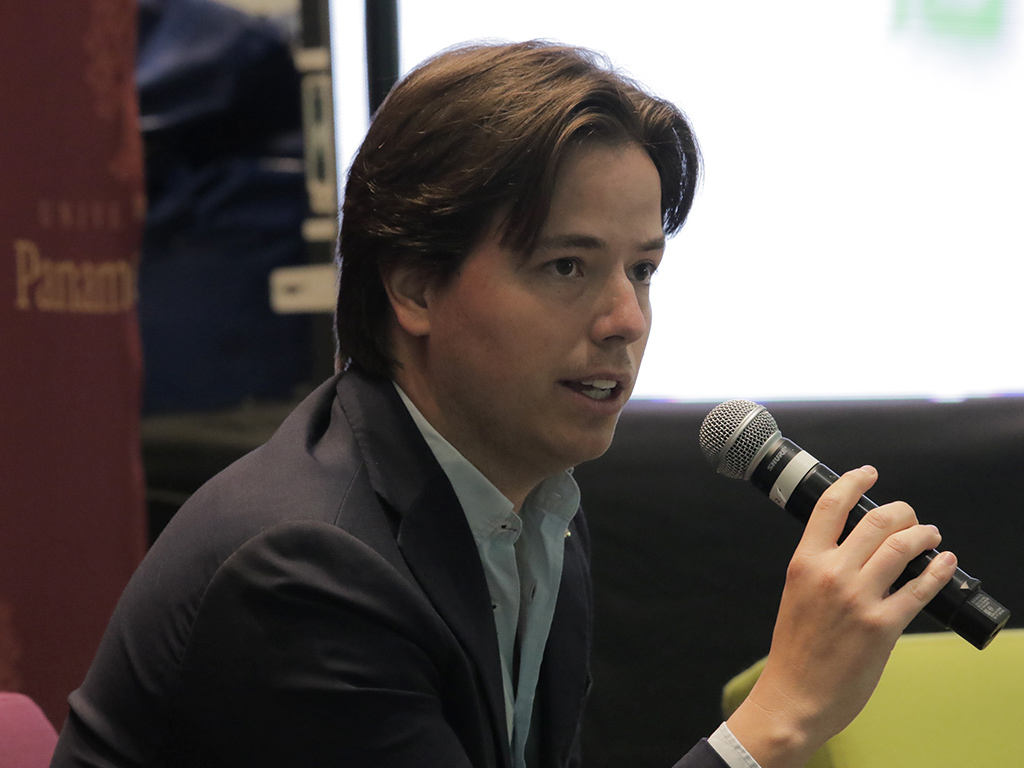
Sustainability and environment
In the panel Sustainability and the environmentmoderated by the director of the School of Engineering, Guillermo Ordoñez, Marketing & PR Director of Maserati Mexico; Edgar Casal Álvarez, General Director of Audi de México and Ernesto Hernández, Lincoln Strategy Manager.
On the subject of sustainability and sustainability, Edgar emphasized: "It has to be a fundamental and central part of your strategy, in your decision making, so, therefore, in the Audi brand, we have a very important role to play. Audi brand, we have it as one of the main columns of communication".
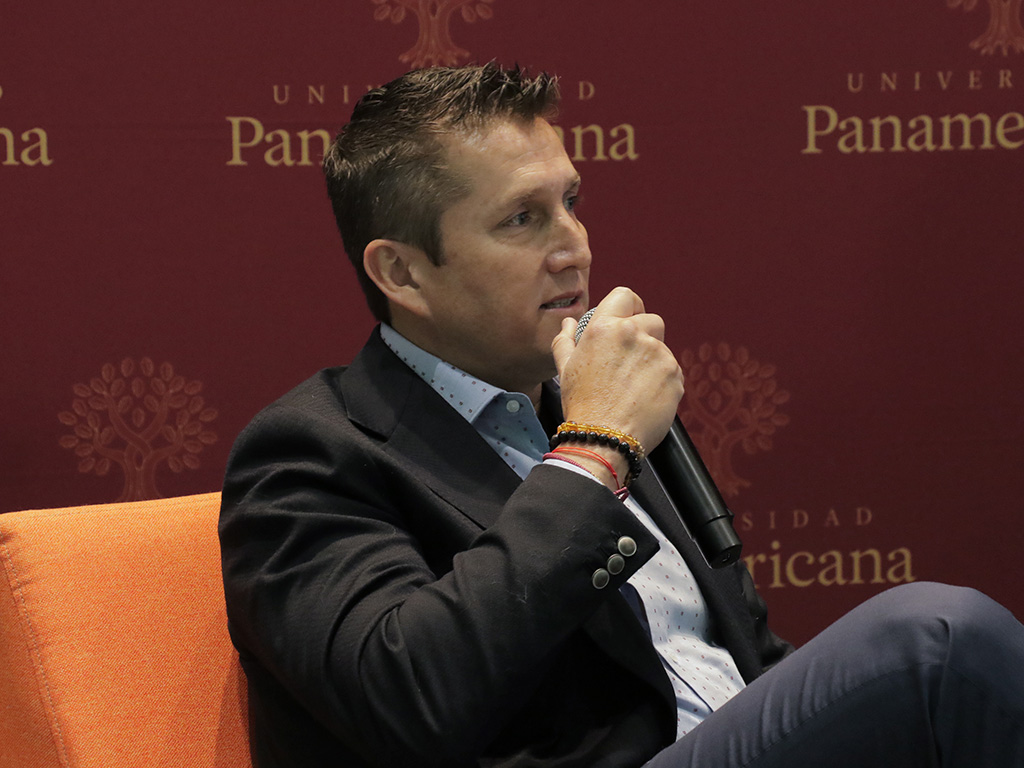
He also spoke about Mission Zero, a strategy that Audi seeks to reduce CO2 emissions throughout the value chain, from the production and design of cars, to their circulation. He mentioned the Audi Go Green strategy, which aims to make available to all users, on its website, a calculator so they can estimate the CO2 emissions they throw into the environment so they can offset them.
He also commented that in 2026 Audi will stop producing internal combustion vehicles, about which he concluded: "It is a commitment we have to make as an industry to try to avoid this increase of more than two degrees in global warming.
Ernesto explained that Lincoln's plans are to have more than half of its products electrified by 2025 and by 2030, its entire portfolio should be fully electric. He talked about Lincoln Star Concept and Lincoln L100, which blend the electrification part with the experiences provided by luxury brands.
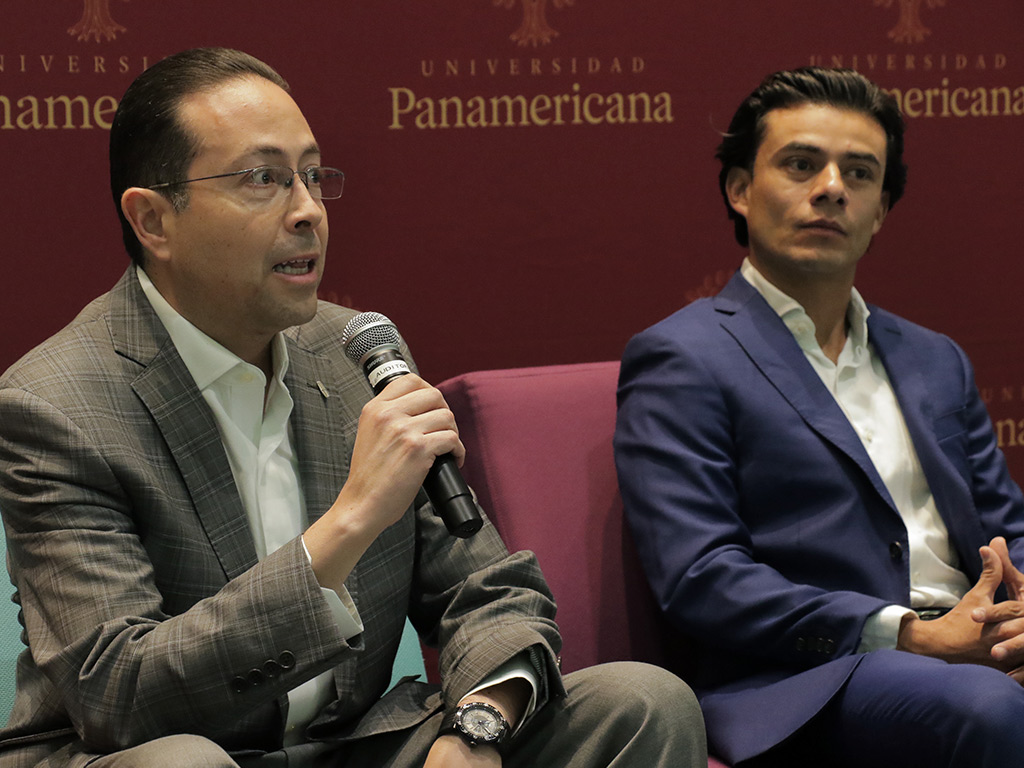
Guillermo stated that sustainability is indeed a highly relevant issue and, in this sense, Maserati is looking to evolve its entire range towards 2030, which already includes the Levante Hybrid. He also stated: "In Mexico in the last two years, 85% of the vehicles we sell today in Mexico are hybrids" .
"In Mexico, the challenge I see is totally in terms of mobility, resources, the important thing is not to be afraid of the subject, the transition is already there, we must begin to adopt it, to understand it and as brands be prepared to convey clear messages to our audience," he concluded.




